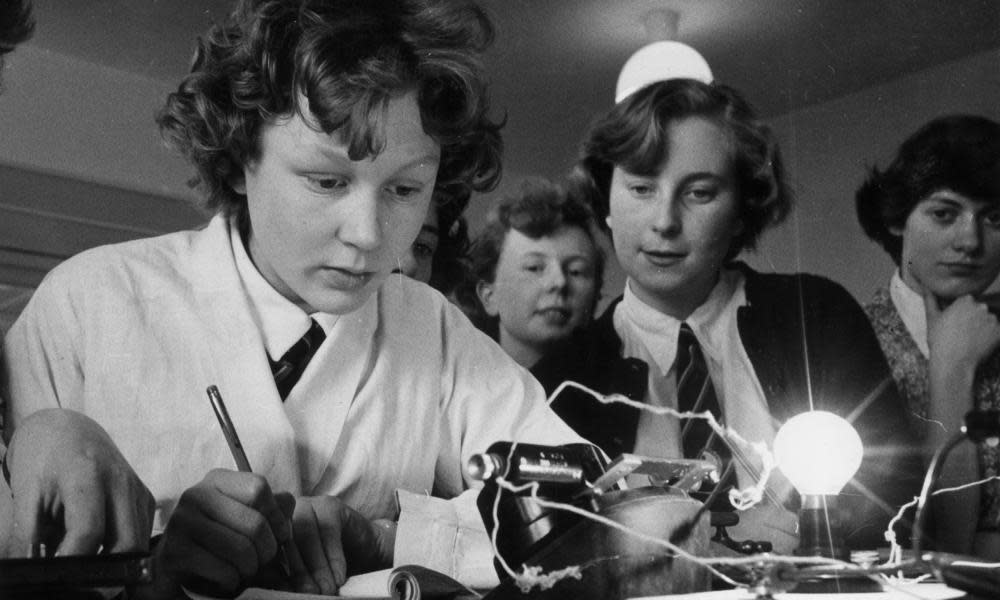Our divisive education system is damaging social cohesion | The big issue

It is heartening that a campaign is under way to frustrate Theresa May’s desire to go back to secondary modern schools (“On this we can all agree. Selection is bad for our schools”, Comment).
The article by Nicky Morgan, Lucy Powell and Nick Clegg makes many of the familiar arguments but, like much of the current opposition to selection, it is based on concern for social mobility. I would argue that a much more serious objection concerns social cohesion.
Our education system is already scarred by numerous features tending to promote division and consequently distrust – fee-paying schools, faith schools and the academic/vocational divide; we do not need yet another. The value of social cohesion – and the damage done by its absence – although difficult to prove is, I think, obvious: its decline is, arguably, the main reason for the Brexit catastrophe, the likely damage from which appears to be unlimited and stretches into the future.
Jeremy Cushing
Exeter
Clegg, Morgan and Powell are absolutely right to challenge the expansion of grammar schools. Having worked for 40 years in inner-city education, I have no doubt that selection at 11 is spectacularly poor at predicting academic potential.
The 11-plus assumes that people are either bright enough for a grammar school or not bright enough, but humans are more complex than that. A much wider range of streaming is possible in comprehensive schools, that allows the student who is strong in physics but weaker in French to be in a class that will maximise their progress.
Having brighter students in comprehensive schools raises the achievements of everyone. We should not be distracted from focusing on the single most important thing: students’ progress is about the quality of teaching and management in the school. The major reason for low social mobility is that successive governments have failed to grasp this fact and focus on strategies that put the very best teachers in areas of greatest need.
Unfortunately, it looks as if the education secretary and the prime minister are determined to maintain the tradition of the political red herring and add more pages to the history book of educational change that are based on dogma rather than evidence.
Chris Hall
Solihull
For all recent governments, “choice and diversity” has been the mantra in developing the school system. The theory has been that diverse kinds of school must be created so that parents can choose the one best suited to their child, popular schools will expand, unpopular ones will expire, every parent will be happy and every child well educated (apart from the pupils in the expiring schools, but we don’t talk about them).
There is no room here to spell out all the flaws in this theory, but one thing is highlighted by the debate on selection: diversity in the context of school provision is not, per se, a good thing. It depends on the nature of that diversity: who benefits and who may be adversely affected? The development of a national education service, funded by the taxpayer, has to be based on more profound principles than “choice and diversity”.
Dr Janet Dobson
York

 Yahoo News
Yahoo News 
